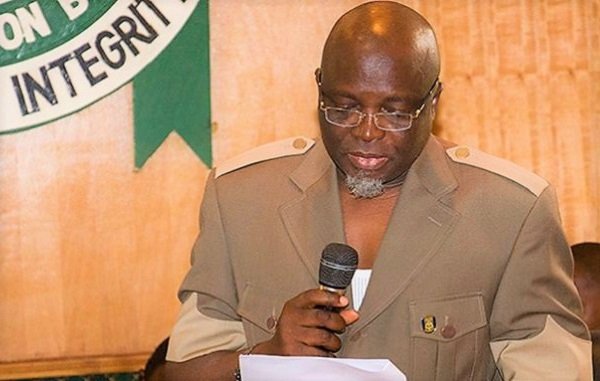The Academic Staff Union of Universities, ASUU, at Abia State University, Uturu, has expressed frustration over the Federal government’s failure to implement the 2009 agreement. During a protest at the Uturu Campus on Tuesday, members of the union called on the Abia State government to address issues related to their welfare, including poor power supply, non-payment of Earned Academic Allowances, and unpaid salaries for some lecturers.
The protest, led by ASUU Chairman Chidi Mba, highlighted the plight of lecturers who have remained on the same salary scale for many years, despite Nigeria’s harsh economic situation. Mba noted that while the wages of politicians and other appointees have increased significantly, the earnings of ASUU members have remained static. This disparity has led to difficulties for lecturers, who are struggling to make ends meet due to the eroded value of their salaries.
The university system and Nigeria’s education sector as a whole are suffering from neglect, according to Mba. He warned that the situation poses a threat to the nation’s future and emphasized that the protest was part of a nationwide union action. The ASUU Chairman cautioned that a strike may be the next step to press for their demands, stating that “when we embark on strike, they will not hold us responsible.”
The Abia State government has been urged to address the challenges faced by lecturers, including the non-payment of Earned Academic Allowances for some staff members. Some lecturers alleged that they have not received payment for over a year, exacerbating their financial difficulties. The protest underscores the need for the government to prioritize the welfare of education sector workers and address the longstanding issues affecting the university system.
The failure to implement the 2009 agreement has led to prolonged dissatisfaction among ASUU members, who are seeking better working conditions and fair compensation. As the situation continues to unfold, it remains to be seen how the government will respond to the union’s demands and whether a strike will become necessary. The outcome of this situation will have significant implications for Nigeria’s education sector and the nation’s development.



![nigerian banks recapitalisation deadline looms 14 Nigerian banks yet to meet CBN's recapitalization deadline [FULL LIST]](https://mediatalkafrica.com/wp-content/uploads/2026/01/xNigerian-Banks-Recapitalisation-Deadline-Looms-1024x614.jpg.pagespeed.ic.1zyiNKaPkj.jpg)